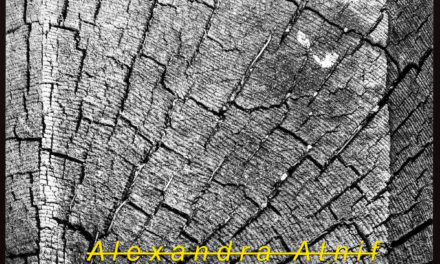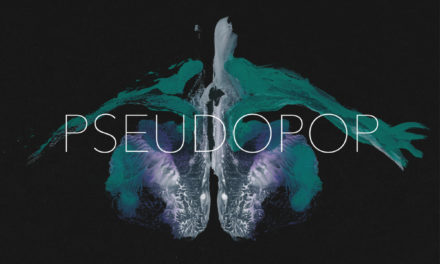
Rhys Fulber
Brutal Nature
FR Recordings
The larger legacy of Rhys Fulber’s work certainly needs no introduction to anyone who might be reading this website, but a review of some of his more recent work might serve to place new LP Brutal Nature in a proper frame. As he’s discussed with us and others, Fulber has felt enlivened by the recent wave of techno/body music crossover and has woven much of that sound into his preceding solo LPs, Your Dystopia, My Utopia and Ostalgia. But while neither of those records gave themselves over completely to that au courant style, more than either of them new LP Brutal Nature folds in a plethora of sounds from Fulber’s storied extant career alongside those more contemporary beats.
Certainly the cover art featuring Arthur Erickson’s brutalist architecture at Simon Fraser University carries with it the suggestion of pure TBM asceticism (much in the same way that Russian constuctivism and brutalist bricolage did on the previous two records’ covers), and moments like the thudding kicks which open “Pyrrhic Act” and the bricked-in, ‘having a panic attack in the club’s bathroom’ sound of “Rogue Minority” go a ways towards cementing that. But in the same manner in which the art (and album title) acknowledge Erickson’s architecture being surrounded and contextualized by vast swathes of cedar and hemlock, those blunt sequences are never far from a larger perspective untouched by industrialization, as “Pyrrhic Act” demonstrates by fading into mournful pads, perhaps as the cost of the titular gesture becomes clear.
That ability to find balance between hard-hitting techno aggression and the more tranquil soundscapes which are just as much a part of Fulber’s body of work is Brutal Nature‘s overarching strength. The harmonic programming of “Marginalized” feels like it could have been sourced from a number of lush, ethereal Delerium or Conjure One tracks only to be chopped and processed through a mesh of grimy post-industrial filters, while the lovely yet slightly uncanny way that pitched vocal samples act as a psychopomp through the twilight downtempo forest of “Fragility” is narcotically serene. The Burial-like “Chemical” certainly feels shaped by modern cityscapes, but finds a space for reflection detached from immediate grind and noise, as watery percussive pings flit about the stereo spectrum.
Closing number “Stare At The Sun” sits somewhat outside of the above dichotomy, but there’s still something poetically fitting about Fulber drawing a line between modern techno/body music and the sort of TNI-era programming which cemented Fulber’s rep as a post-industrial pioneer. Adding a stormer of a vocal from Sara Taylor is doubly fitting, as Fulber’s collaborations with Youth Code have also served to connect post-industrial’s past to its present. This sort of broader retrospective of such a long history in so many expressions of electronic music might sound weighty or cumbersome, but Fulber proved decades ago that he has the nuance and skill to blend them all seamlessly.





